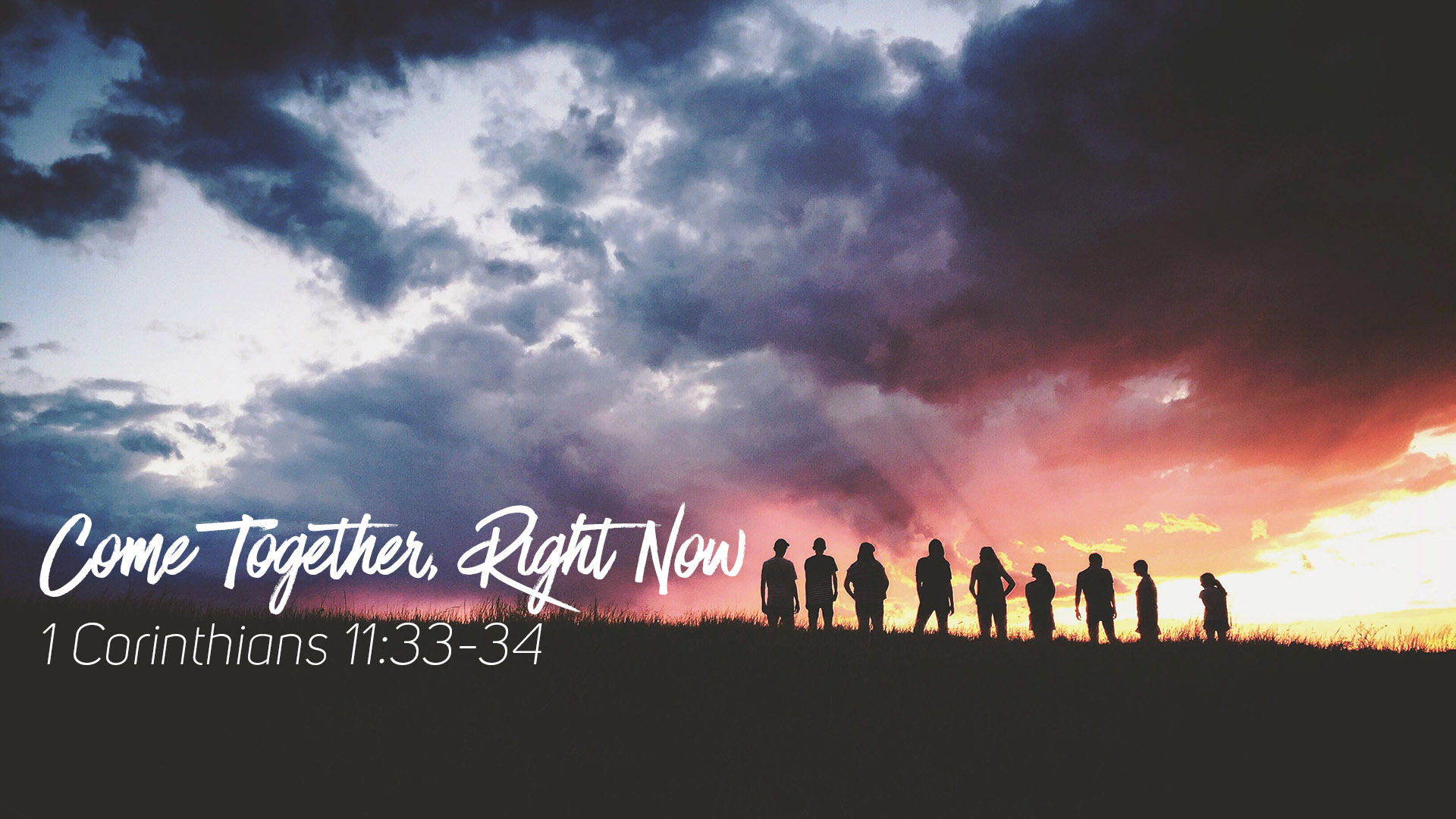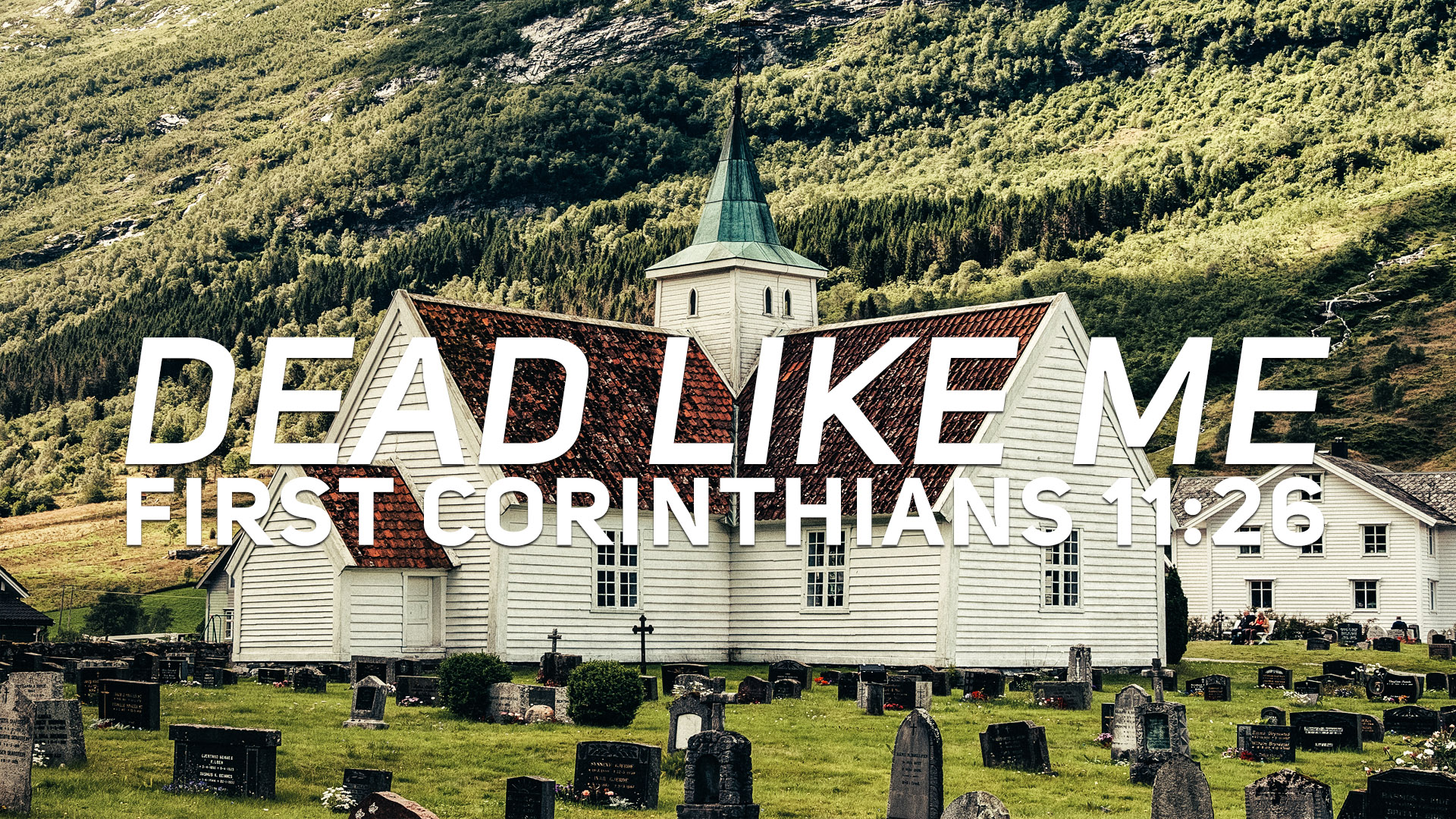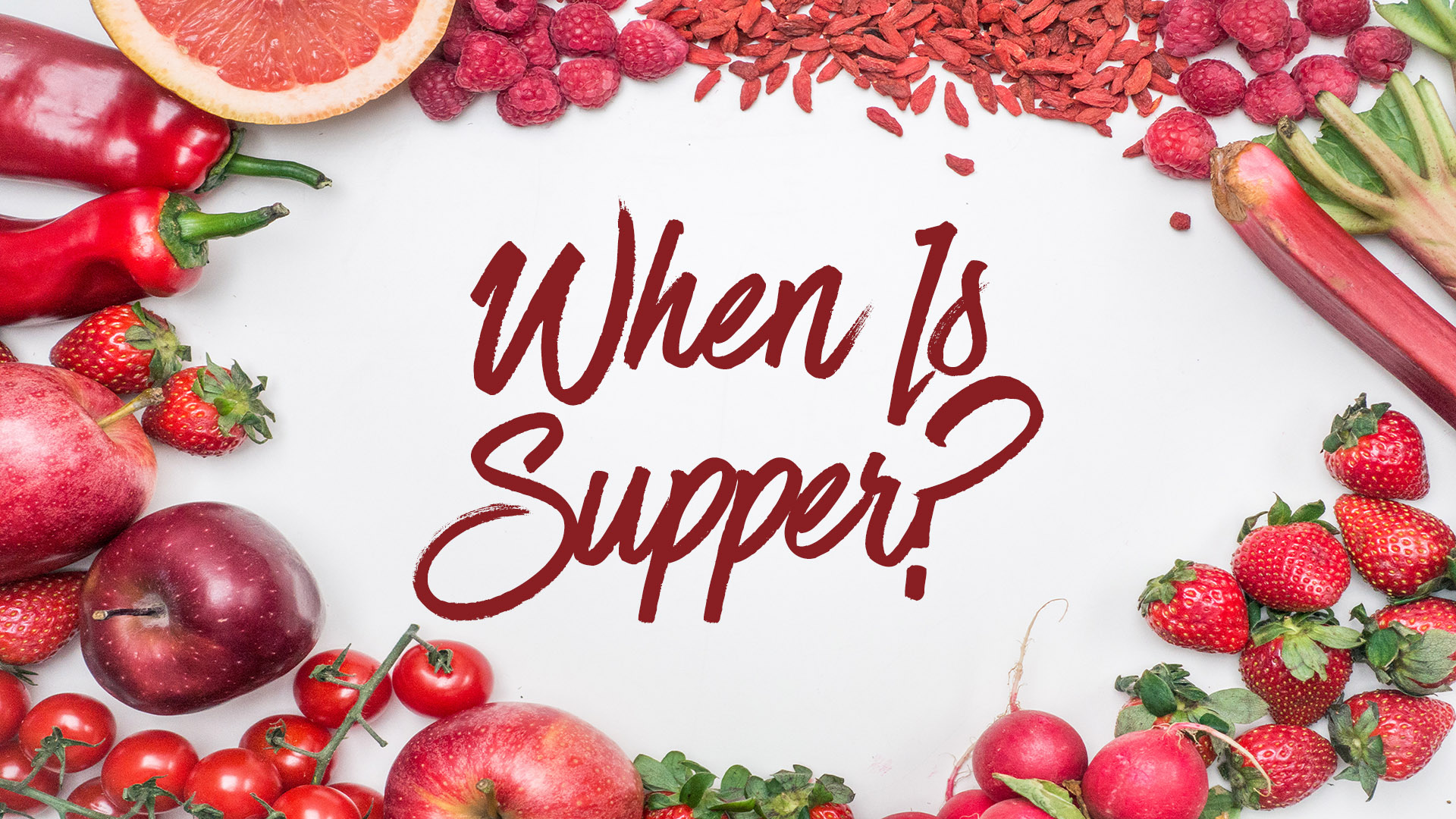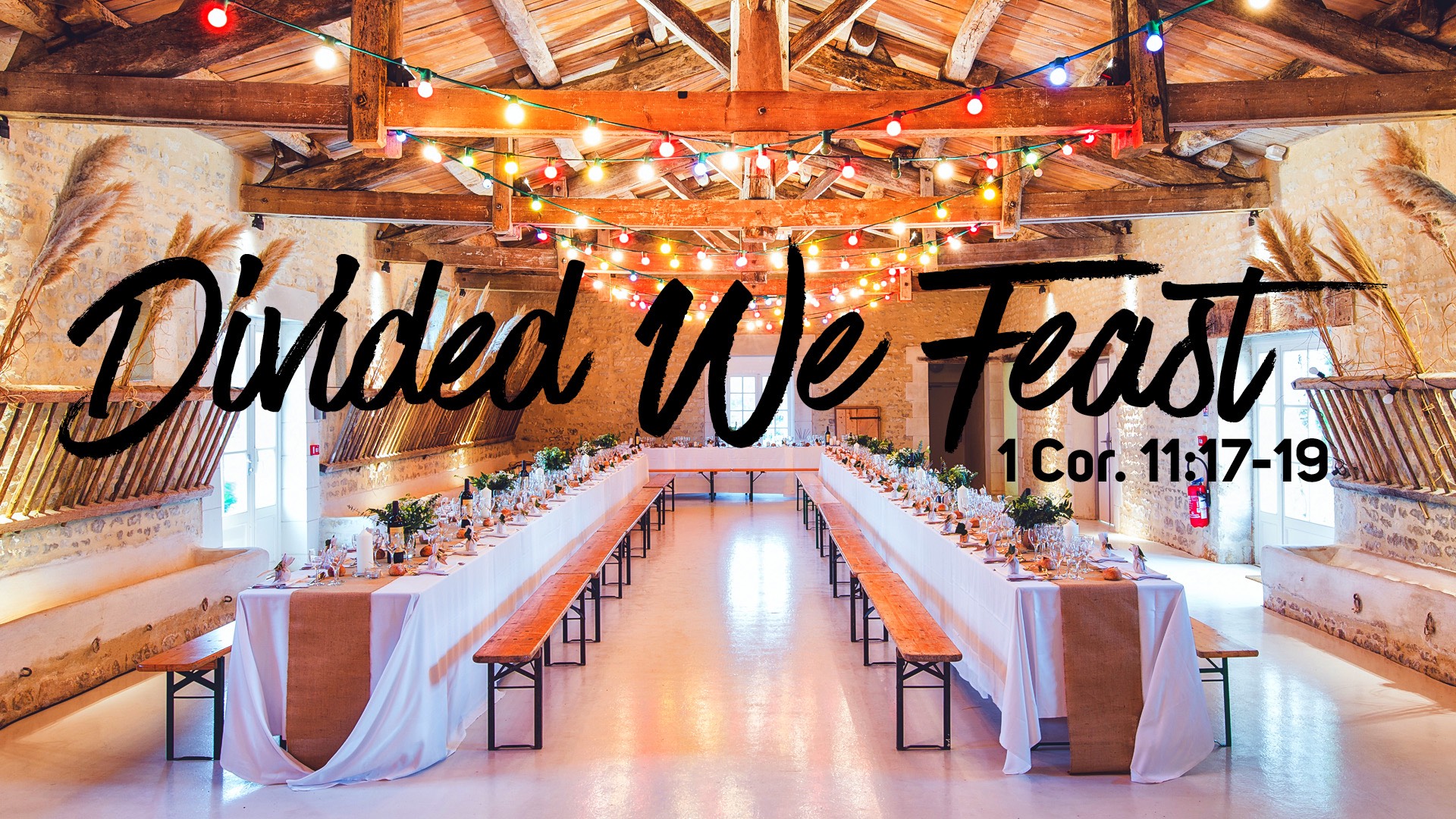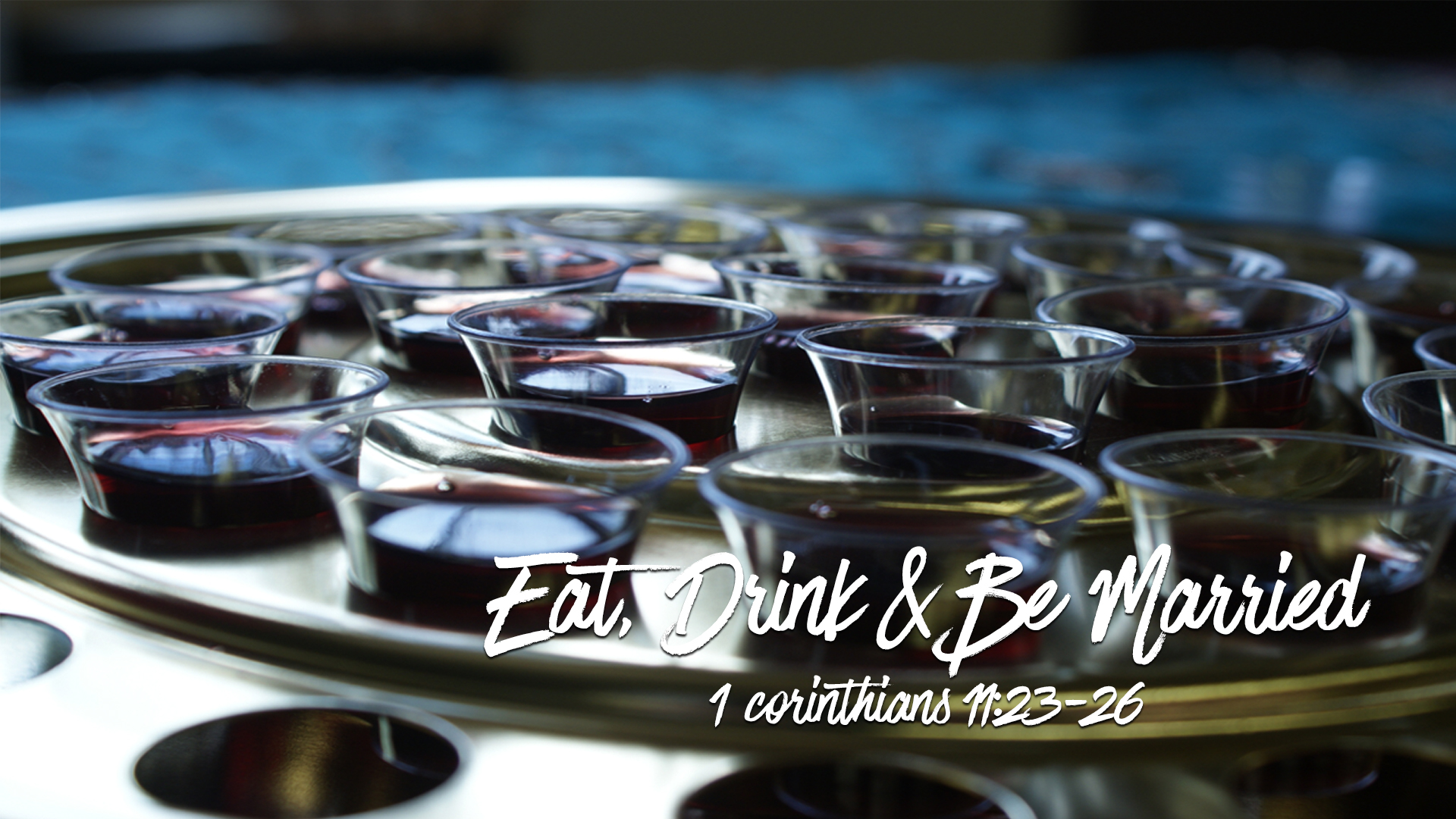October 16, 2016
Have you noticed that screen writers like to poke fun at the snobbery of the wine industry?
In Sleepless in Seattle, Meg Ryan’s boyfriend tries to impress her in a restaurant by ordering a bottle of Dom DeLuise.
My favorite wine-snob is in The Muppet Movie (1979). Steve Martin, playing the sommelier to Kermit and Miss Piggy, brings a sparkling muscatel, calling it “one of the finest from Idaho,” and asks if Kermit would like to “sniff the bottle cap.” After pouring, he produces two straws for their glasses.
You’ve seen movies and television shows where someone breaks-out a valuable bottle of wine that they’ve been waiting for the perfect occasion to open and share.
Not too long ago, a single bottle of 1947 Chevalier Blanc sold at a Christies auction for over $300,000.00.
The most expensive bottle of wine ever sold was not even a decade old at the time of purchase. A six liter 1992 Screaming Eagle Cabernet Sauvignon sold for a whopping half a million dollars in the year 2000 at a Napa Valley charity auction.
What if I told you that there is a wine so rare, so vintage, that no price could possibly be put on it?
While it is beyond precious, surprisingly there is an abundant quantity of it being reserved until the day it will be uncorked and poured freely to multiplied millions of people.
It is the wine Jesus spoke about at the Last Supper when He took the cup and said,
Mat 26:26. … “Drink from it, all of you.
Mat 26:28 For this is My blood of the new covenant, which is shed for many for the remission of sins.
Mat 26:29 But I say to you, I will not drink of this fruit of the vine from now on until that day when I drink it new with you in My Father’s kingdom.”
A “new” wine will be poured into our cups to overflowing in the “Kingdom.”
The Kingdom is not here; not yet. It is coming, in the future.
Mean time, we are to “drink” in its anticipation as we share in what we’ve come to call the Lord’s Supper, or Communion.
We’re going to share Communion today; the service is dedicated to it. Leading up to it, I want to explore a few things about the drinking we do now, with Jesus physically absent; and the drinking we will do then, present with the Lord.
I’ll organize my thoughts around two points: #1 In His Absence, You Drink In Remembrance, and #2 In His Presence, You Will Drink To Rejoicing.
#1 In His Absence, You Drink In Remembrance
I’ve concentrated on drinking, but Communion involves eating as well. Just before Jesus told His disciples to “drink,” we read,
Mat 26:26 And as they were eating, Jesus took bread, blessed and broke it, and gave it to the disciples and said, “Take, eat; this is My body.”
Mat 26:27 Then He took the cup, and gave thanks, and gave it to them, saying, “Drink from it, all of you.
Mat 26:28 For this is My blood of the new covenant, which is shed for many for the remission of sins.
The fledgling church immediately took Jesus’ words to heart. In the Book of Acts, we see the believers gathering daily, and one of their activities was “breaking bread.” An argument can be made that the term refers to the sharing of bread and wine in Communion on a daily basis.
As the church grew, they began sharing Communion on a weekly basis, on the first day of the week; on Sunday.
You may not have heard of a document called the Didache. It is also called, The Teaching of the Twelve Apostles. It caused a sensation when it was discovered around 1885.
Lost for over a thousand years, this anonymous Greek writing appears to have taken its final form around 125AD in Alexandria Egypt, but is composed of two earlier documents that could date back to the time of the apostles themselves.
It is a sort of guide book, a how-to manual, for ministry to the saints. In it the statement is made that Christians “come together each Lord’s day of the Lord, break bread, and give thanks” (7:14).
The early church shared Communion weekly. Is it therefore incumbent upon us to share communion every Sunday?
Before you answer, there are two other things you need to hear regarding the early church.
Communion was shared on Sunday evenings. It was impractical for the church to gather on Sunday mornings, because so many of the believers were servants or slaves, and they only had free time Sunday evenings to come together.
Besides, think about it: it’s the Lord’s Supper, and supper isn’t breakfast or brunch.
Speaking of which, both First Corinthians and the Didache establish that communion was shared after a regular evening meal was eaten together. The meal was a pot-luck called the Agape Feast; or we would say, the Love Feast.
So: Should we share Communion weekly, every Sunday? If the answer is “Yes,” because that is what the early church did, then shouldn’t we also do it in the evenings, after a meal – as they did?
You already know that the answer is “No,” but we want to arrive at it biblically.
It may surprise you to realize that the earliest teaching about Communion is not in the Gospels. The apostle Paul wrote First Corinthians prior to any of the Gospels being written. In it he presents an order of service for Communion.
The believers in Corinth met every Sunday night. They had a pot luck, the Love Feast. Afterward, they shared Communion.
Trouble was, there was tremendous division in the church. The believers were arguing and fighting; they formed factions around their favorite teachers; some were even suing their brothers in open court. This division was punctuated by the fact that, at the Love Feast, folks kept to themselves. They ate the food they brought, not sharing it with others – who were, in some cases, more needy.
Some of them were getting drunk during the Love Feast, then participating in Communion inebriated.
Paul wrote to rebuke this behavior, comparing their division to that of Judas’ betrayal at the Last Supper. He even said that one reason some of the believers in Corinth were suddenly and mysteriously getting sick and even dying was that the Lord was disciplining them for their sin.
Paul urged them to get it together.
In the midst of this rebuke, Paul also shared a few timeless truths about Communion. He said,
1Co 11:23 For I received from the Lord that which I also delivered to you: that the Lord Jesus on the same night in which He was betrayed took bread;
1Co 11:24 and when He had given thanks, He broke it and said, “Take, eat; this is My body which is broken for you; do this in remembrance of Me.”
1Co 11:25 In the same manner He also took the cup after supper, saying, “This cup is the new covenant in My blood. This do, as often as you drink it, in remembrance of Me.”
Before any Gospel was written, Paul “received from the Lord,” directly, insight into believers gathering together to share Communion.
He reviewed what Jesus did after the Passover meal was finished. Jesus took the bread, first of all, and gave thanks for it. Since the bread was typical of His body, He was, in effect, thanking God that He had been given a human body in which He might come and die for the sins of the world.
You may have heard Communion referred to as the Eucharist. It comes from this word for giving thanks.
In connection with the cup, He said that it was “the new covenant in [His] blood.” The New Covenant (or New Testament) is the promise that God makes with humanity that He will forgive sin and restore fellowship with those whose hearts are turned toward Him. He will come and dwell within them by His Holy Spirit.
Jesus was using figurative language. The bread represented His body; the contents of the cup represented His blood. The eleven disciples partook of both in anticipation of the Cross.
Paul’s practical application is in verse twenty-six; its his ‘how-to & why.’
1Co 11:26 For as often as you eat this bread and drink this cup, you proclaim the Lord’s death till He comes.
The “you” he was addressing is every Christian. Throughout the church age, we are to “eat this bread and drink this cup,” proclaiming the Lord’s sacrificial, substitutionary death, “until He comes.”
As incredibly important as Communion is to the church, as one of only two ordinances Jesus left us to observe, this is the extent of Paul’s order of service.
There is no mention of how to serve Communion, or who may or may not serve it; or if it is served by a third party at all.
There is no mention of the proper type of bread or the specific contents of the cup.
He does say something I find liberating. He says, “for as often.” The church in Corinth was sharing Communion weekly, and it seems that was a custom the early churches adopted.
But Paul was careful to not say, “every Sunday evening when you share Communion.” “For as often” is a word of freedom.
I say that kind of freedom extends to the order of service, and even, to a certain extent, to the elements.
For example, there is huge disagreement on whether or not fermented wine must be in the cup, or if regular grape juice is an acceptable element.
Jesus certainly drank fermented wine; and wine was most likely in the first Communion cup.
Just when you thought you’d decided, however, you read this, from Dr. J. Vernon McGee:
Have you noticed that it is called the cup? (It is also called the fruit of the vine in some instances, but it is never called wine)… “Should we have fermented or unfermented wine for the Lord’s Supper?” That is baby talk to ask questions like that. My friend, we can know it was unfermented. This is Passover, the time of the Feast of Unleavened Bread. Do you think that they had unleavened bread and leavened grape juice (wine is leavened grape juice)? The whole business was unleavened – it had to be at the Passover feast.
There are rabbis, ancient and modern, who agree with Dr. McGee; there are rabbis who disagree, claiming that the leavening process of grapes is very different from the leavening of bread.
There is also disagreement, among experts and rabbis, as to whether or not the wine served at the Passover meal was diluted; and, if it was, to what extent.
And I think I’ve told you that in my research I’ve found wine experts who say the most prevalent wine in Jesus’ day was a white wine, not a red one.
You know what? “For as often” establishes that it doesn’t matter if we serve wine or grape juice. It lets us know that the emphasis throughout is not on the elements; it is on what they represent.
Occasionally someone who doesn’t know me will be in my office, and they’ll see pictures of Pam and the kids. They’ll ask, “Is that your wife?”
I say, “Yes,” but it really isn’t Pam; it is a picture of Pam. It represents Pam.
The elements in Communion aren’t Jesus; they are a figure of Jesus. They represent Jesus.
All this arguing about the elements, and the order of service, turns Communion into a ritual, rather than a joyous encounter with the risen Lord. It takes the attention off of Jesus, and puts it on physical things.
I mentioned the Didache. Interestingly, the order of service suggested in the Didache differs from the one Paul suggested – putting emphasis on the cup before the bread.
It tells me that the earliest believers understood their freedom in Jesus. We should, too.
Communion “proclaim[s] the Lord’s death.” The word “death” encompasses more than just Jesus’ six-hours on the Cross. Since it was His mission to die, His “death” encompasses His entire life and ministry.
The bread and the cup take us back to the announcement of His birth.
The bread and the cup take us back to His sinless life.
The bread and the cup take us back to His three-and-one-half years of ministry.
The bread and the cup take us back to the Cross, where Jesus exclaimed, “It is finished!”
They take us to the third day, to the empty tomb.
They take us forty days later, to the ascension of Jesus into Heaven.
They take us to Heaven, where Jesus is interceding in prayer for us at God’s right hand; and where He is working to perfect us day-by-day.
The elements take me, and they take you, back to getting saved, and to all that the Lord has done thus far to conform you into His image.
When we share the elements, remember the Lord; and remember His salvation, won for you by His substitutionary sacrifice on the Cross.
#2 In His Presence, You Will Drink To Rejoicing
Most of you have a vacation destination that you absolutely look forward to. For us, it’s Disneyland. With or without the grandkids, we cant wait to get back.
I know the food is expensive, but that’s alright, because it somehow tastes better there. I’ll pay $6.95 all day for a corn dog from the cart on Main Street.
There are a few unique food items – things you can only or mostly get at Disneyland. The Dole Whip at the Tiki Bar outside the Enchanted Tiki Room is to die for.
Jesus said to us, “But I say to you, I will not drink of this fruit of the vine from now on until that day when I drink it new with you in My Father’s kingdom.”
It’s not the Magic Kingdom; it’s our Father’s kingdom. It is the ultimate earth-destination, better than any vacation spot. It will be established by Jesus when He returns in His Second Coming.
The Kingdom is predicted all over the Old Testament:
It is when swords will be beaten into plows.
It is when children can put their hands in the burrows of poisonous snakes.
It is when streams will break out in the desert.
It is when lions and lambs will enjoy each other’s company.
AND it will feature a unique, precious “fruit of the vine” – a beverage Jesus has been away preparing for that great and glorious age.
The apostle Paul included this future Kingdom, and it’s beverage, as an important part of sharing Communion. He said, “For as often as you eat this bread and drink this cup, you proclaim the Lord’s death till He comes.”
People sometime have drinks named after them. In the recent film, Sully, about the hero-pilot who made a successful water landing in the Hudson River after a flock of birds destroyed the engines after takeoff, a bartender invents a drink and calls it a Sully. It consists of Grey Goose “with a splash of water.”
In Tolkien’s stories, the tree-like race known as the Ents had a signature beverage. It was Ent-draught, made from river-water and possibly some other additives. When the two young hobbits, Merry and Pippen, drank it, they grew several inches taller.
Jesus has an epic signature drink. I can only imagine what the Creator of the universe will concoct in that cup for those He loves.
Can we not already rejoice at its future refreshment?
For starters, if I’m going to be drinking it, it means I’ve either been resurrected from the dead, or I’ve been raptured. Either way, I will be alive forever in a new, eternal body that is not subject to aging or pain or illness or accident.
If I’m drinking it, I will never again experience the slightest sorrow. There will be no more tears – not ever.
If I’m drinking it, I am with Jesus; and I will be with Him, forever and ever. I will see His glory, brighter than the sun in its strength.
If I’m drinking it, I’ll be in my new home, in the heavenly city, the New Jerusalem. I’ll be surrounded by the saints of all ages. We will know each other, perfectly. There can be no division, no strife, no contention – not the slightest misunderstanding.
Jesus depicts His Second Coming as beginning with a wedding banquet, in which He is Bridegroom, and we – the church – are bride.
If I’m drinking Jesus’ signature beverage, I am experiencing His perfect love; and I love Him perfectly. The good work He has begun in me is done. I am no longer predestined to be made into His image; I am in His image – mature, complete, finished.
But we’ve also just begun. First, the Kingdom on earth for a thousand years. Then, eternity, in bliss and blessed.
The tiny disposable plastic cup of juice you are about to drink contains all this hope as it proclaims Jesus’ death till He comes.
It is for remembering; but it is also for rejoicing. Raise your glass with Jesus – in thankfulness, and in anticipation.
